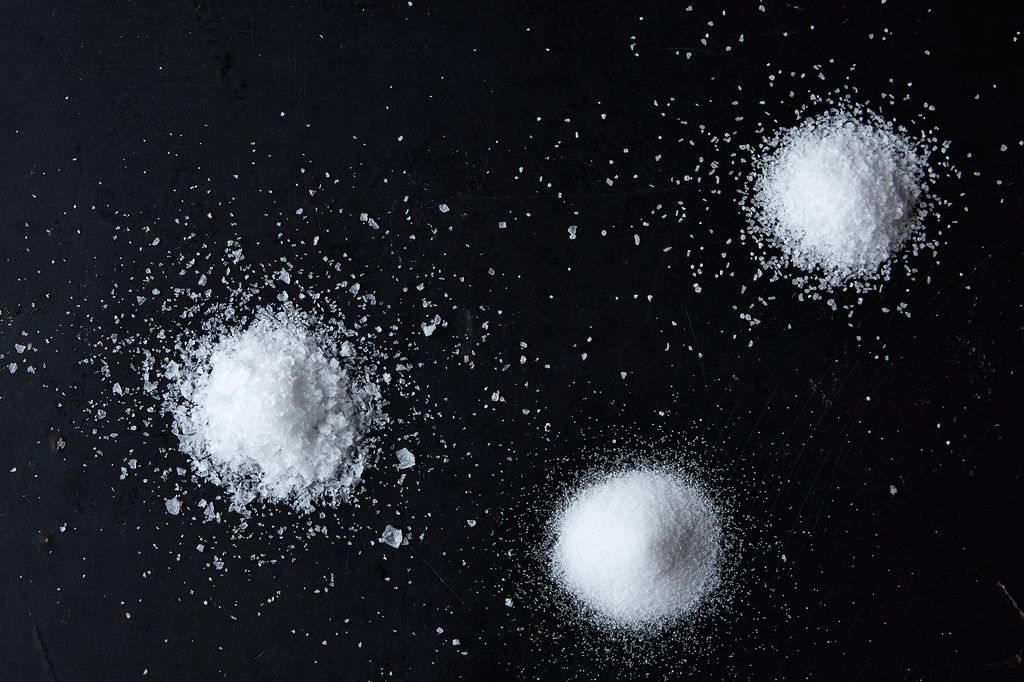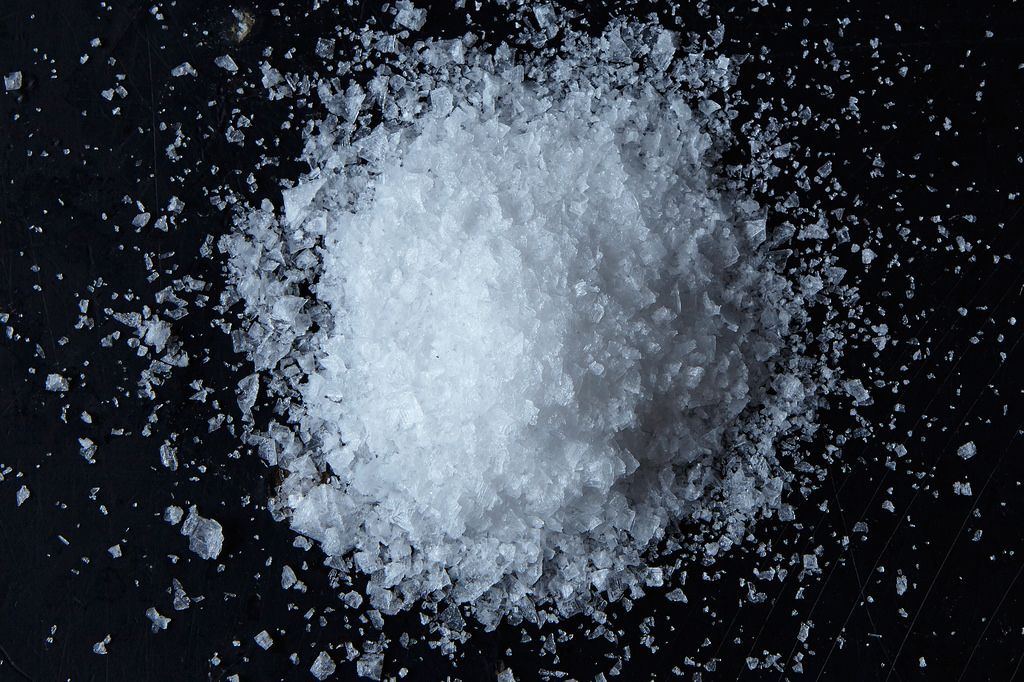Popular on Food52
6 Comments
Steven
August 3, 2015
Check out HamptonsSalt.com for a nice selection of all natural, unrefined, no additive raw, flavored and smoked artisan sea salts.
Greenstuff
August 1, 2015
And don't forget that there are differences between kosher salts. Diamond weighs about 5 ounces per cup, and Morton weighs about 8 ounces. It can make a big difference if you have a project that calls for a lot of salt.
702551
August 1, 2015
A great example why volumetric measurements are vastly inferior to weight measurements.
The Europeans do a better job with this, using weight measurements for many common ingredients that Americans measure by volume; examples are flour, butter, many vegetables, rice, beans, and many others. Plus they use the metric system which simplifies recipe scaling.
Oh well...
The Europeans do a better job with this, using weight measurements for many common ingredients that Americans measure by volume; examples are flour, butter, many vegetables, rice, beans, and many others. Plus they use the metric system which simplifies recipe scaling.
Oh well...
702551
August 1, 2015
There's another salt not listed above that I find very useful.
I've been using regular sea salt (not listed above) as my everyday salt for many years. Most sea salt is granular not flakey and I use the granular kind in place of table salt (which doesn't even exist in my house). Since most sea salt is additive-free, it tends to clump (more in environments of high humidity, but fortunately, I don't live in one of those places).
I buy this sea salt from the bulk bins at the grocery store.
I also use kosher salt and the flakey varieties of sea salt.
I've been using regular sea salt (not listed above) as my everyday salt for many years. Most sea salt is granular not flakey and I use the granular kind in place of table salt (which doesn't even exist in my house). Since most sea salt is additive-free, it tends to clump (more in environments of high humidity, but fortunately, I don't live in one of those places).
I buy this sea salt from the bulk bins at the grocery store.
I also use kosher salt and the flakey varieties of sea salt.



See what other Food52 readers are saying.